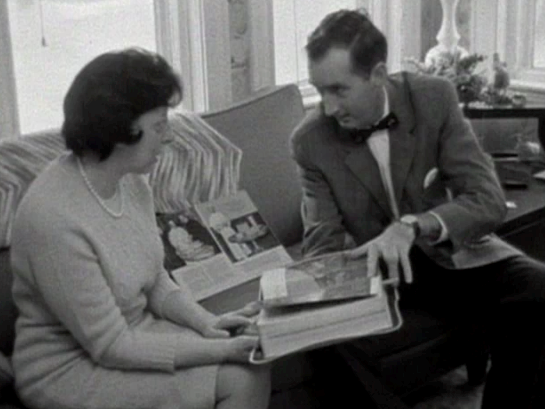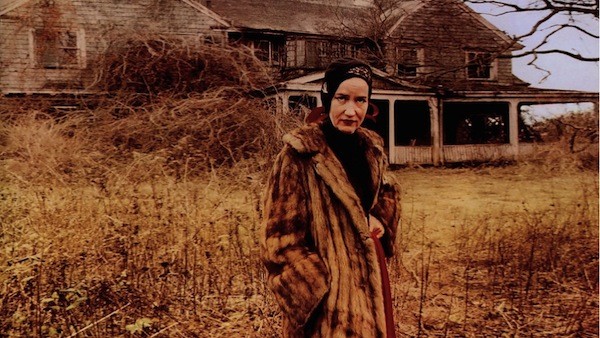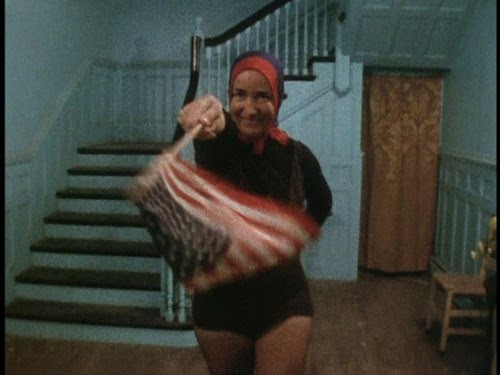Tonight at Malco Ridgeway, a documentary classic.

Salesman
David and Albert Maysles are two of the most prolific and influential documentarians to ever pick up a camera. Just take a look at this filmography, that begins in 1955 and ends in 2015. Their first big hit was Salesman, a 1968 film where the brothers followed four Bible salesmen, including Bostonian Paul Brennan who emerges as the “star” of the show. This historic film, which legitimized the theatrical documentary feature form, will screen tonight at Malco Ridgeway Cinema Grill. Tickets are available on the Indie Memphis website.
Meanwhile, in nearby Germantown, the locally produced documentary Shannon Street: Echoes Under A Blood Red Moon screens at the Forest Hill Cinema. The film provides new perspectives on the spectacular 1983 siege in North Memphis that left eight dead, including one police officer, with a mix of contemporary interviews and archival footage. The screening begins at 7:00 PM.
Shannon Street: Echoes Under A Blood Red Moon Trailer from Marie Pizano on Vimeo.
This Week At The Cinema: Salesman, Slaughter, And Anarchy
And if that’s not enough to keep you busy tonight, The Room is back at Paradiso at 7 PM. All these choices are TEARING ME APART!
This Week At The Cinema: Salesman, Slaughter, And Anarchy (3)
On Wednesday, Indie Memphis brings the Slamdance Anarchy shorts program to its long running Microcinema series. Slamdance is the Sundance Film Festival’s weirder cousin, and no where is that more apparent than in this group of films, which self-describes as a “disruptive platform for subversive filmmakers and dangerous short films.” The program, always a highlight of the film year, will screen at Crosstown Arts at 7:00 PM on Wednesday. It’s pay what you can, so it’s a bargain at twice the price!
Slamdance Spotlight: THE ANARCHY PROGRAM: A Fraternity of Freaks from Slamdance on Vimeo.
This Week At The Cinema: Salesman, Slaughter, And Anarchy (2)


